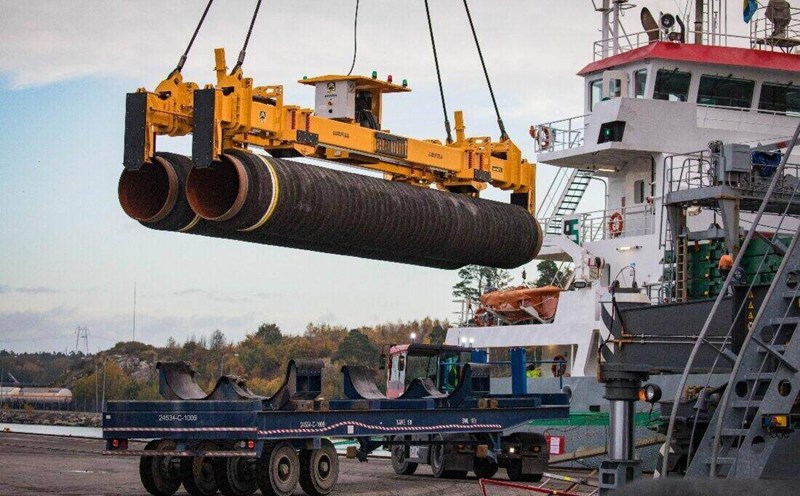The US and China have reached an agreement to remove obstacles related to the export of rare earths and magnetes from China to the US. US Treasury Secretary Scott Bessent said on June 27 that the previous dispute disrupted the progress of the trade deal reached in Geneva in May.
Previously, in response to new tariffs from the US, China suspended exports of a series of important minerals and magnetes, severely affecting the supply chain of many global industries such as automobiles, aviation, semiconductors and defense.
Although Beijing pledged at its Geneva meeting to lift sanctions imposed since early April, the progress of transporting these strategic raw materials is still slow. Therefore, the US has applied countermeasures to put pressure.
I believe that from now on, the magnet shipments will be circulating as committed, Bessent told Fox Business Network.
A phone call between US President Donald Trump and General Secretary and President of China Xi Jinping helped resumed negotiations, leading to the next meeting of the two delegations in London. Here, they agreed to add a framework for implementing the Geneva agreement to speed up the export of rare earths to the US.
A White House official confirmed that the two countries have reached a supplementary consensus to realize the Geneva agreement. The Chinese Ministry of Commerce also said that the two sides have confirmed details of the framework for implementing the agreement reached, in which China will approve exports in accordance with legal regulations. However, this country did not directly mention rare earths.
According to an industry source, China is tightening dual control over rare earths to ensure that materials are not used for US military purposes, which has slowed down the licensing process.
When China imposed restrictions, the Trump administration responded by tightening exports of semiconductor design software, aircraft and some other products to China.
Later, President Trump said that an agreement had been signed, in which China would provide magnetite and rare earth, while the US would allow Chinese students to continue studying at domestic universities.
Although the current agreement marks a step forward in the context of a prolonged trade conflict, observers say the path to a comprehensive trade agreement between the two major economies is still very long.











